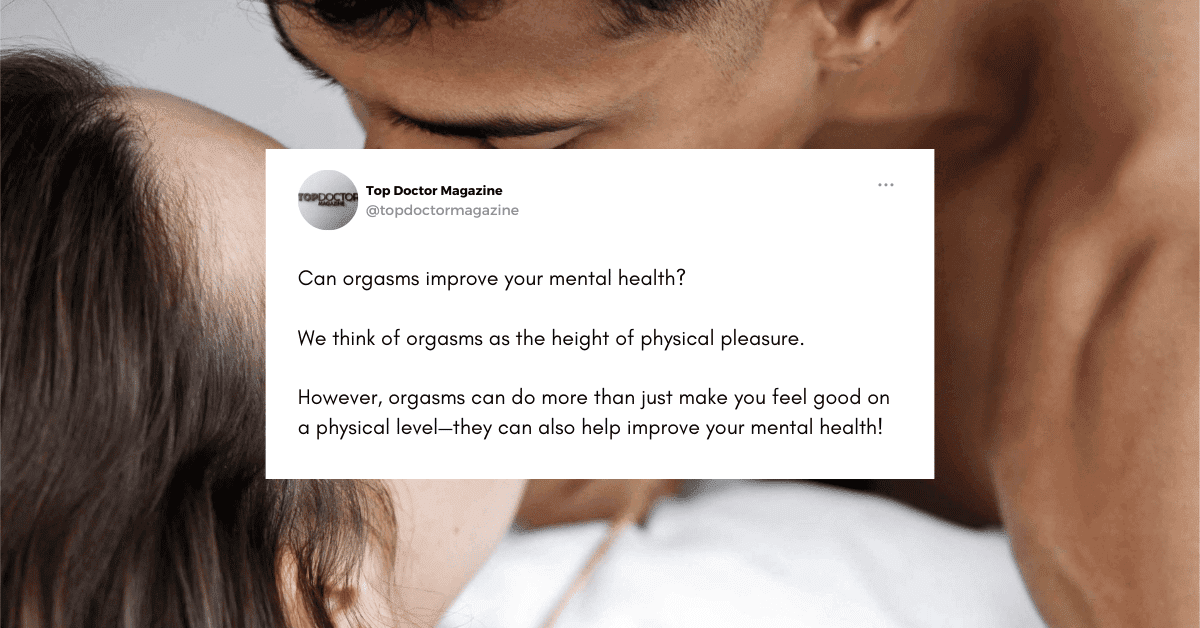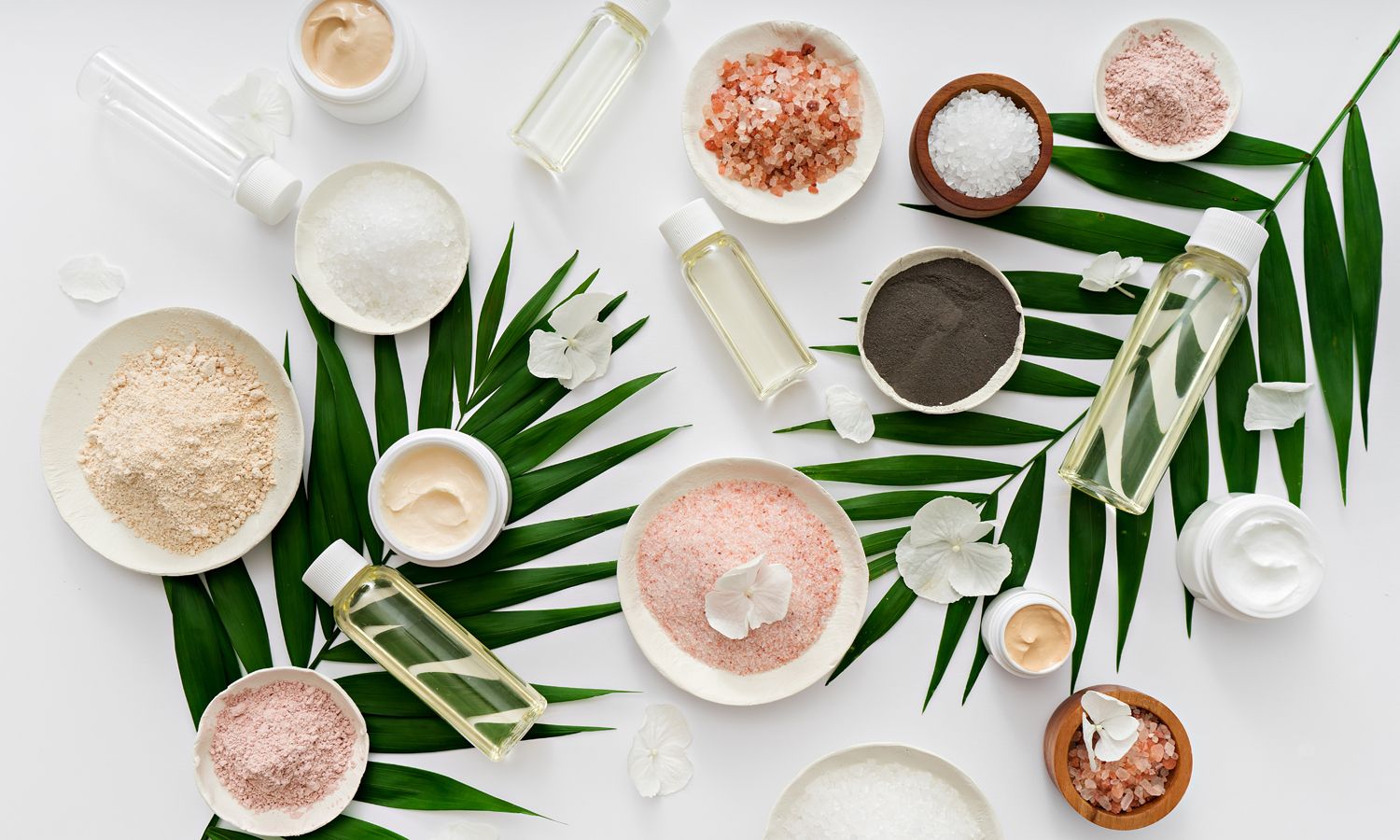We think of orgasms as the height of physical pleasure. However, orgasms can do more than just make you feel good on a physical level—they can also help improve your mental health!
What Do Orgasms Do to Your Brain?
Orgasms are an intense physical sensation in response to a build-up of sexual tension. They are experienced as an increased heart rate, blood pressure and involuntary muscle contractions resulting in intense pleasure.
Orgasms also affect us on a physiological level, altering our brain chemistry through the release of hormones to help us feel good and reinforce our attachment to our partners. These hormones are dopamine and oxytocin, two chemical messengers associated with positive feelings. Both of these chemicals can positively impact your mental health.
What Does Dopamine Do?
Dopamine is a neurotransmitter also called the “feel-good” hormone for its ability to make the body feel good. Dopamine also works as part of the body’s fight-or-flight system, helping to relax the body and relieve stress. When releasing dopamine, the body is helping itself to relax and making it feel good, rewarding whatever behavior sparked the release. Naturally, this process can become addictive, as is the case with junk food, which can cause a dopamine release in the brain. Behaviors that cause a dopamine release are associated with happiness, even to the point of addiction.
What Does Oxytocin Do?
Oxytocin is a hormone that the body produces to regulate its reproductive system. Since it’s a hormone, oxytocin, like dopamine, also works as a messenger in the body, reacting to and creating several bodily functions. For example, oxytocin works in your brain by fostering feelings of trust, arousal, romantic attachment and even recognition of others.
This hormone helps us form social bonds with others, from friends to family and even partners. Without oxytocin, we wouldn’t be able to form meaningful relationships critical to one’s mental health. As a result, oxytocin is a wide-reaching hormone essential to our well-being. Moreover, due to these extensive effects, oxytocin has been connected to various mental phenomena, including anxiety, depression and addiction.
How Orgasms Improve Your Mental Health
Because orgasms release dopamine and oxytocin, they can significantly improve your mental health by helping you feel happier and more connected to others.
Orgasms are more than just a happy feeling. Researchers found in a study of newlywed couples that because of the oxytocin they release, orgasms could leave a feeling of satisfaction that can last as long as 48 hours after experiencing one.
Dopamine releases reinforce these feelings of satisfaction and stimulate the reward system in your brain to help create a feeling of persistent happiness and reduce stress. Additionally, researchers have found that the release of these hormones can even boost your confidence and self-esteem.
Orgasms also release other chemicals and hormones that can help keep one’s sex drive strong and help create a lifestyle that relieves the stress and anxiety at the root of mental illness. While this is not as powerful as therapy, medication and clinical treatment, orgasms can still help to leave you feeling less stressed. Additionally, this state can even help you sleep better by relaxing and causing you to become sleepy.
A Parting Reminder
Orgasms are much more than just a physical reaction. They can also affect your brain by releasing hormones that boost mood and happiness. Therefore, orgasms can improve your mental health by boosting your confidence and causing you to feel happier. Orgasms may not be the cure-all to mental illnesses, but they certainly can help alleviate the stress and anxiety that may keep you from finding your mental balance.






0 Comments